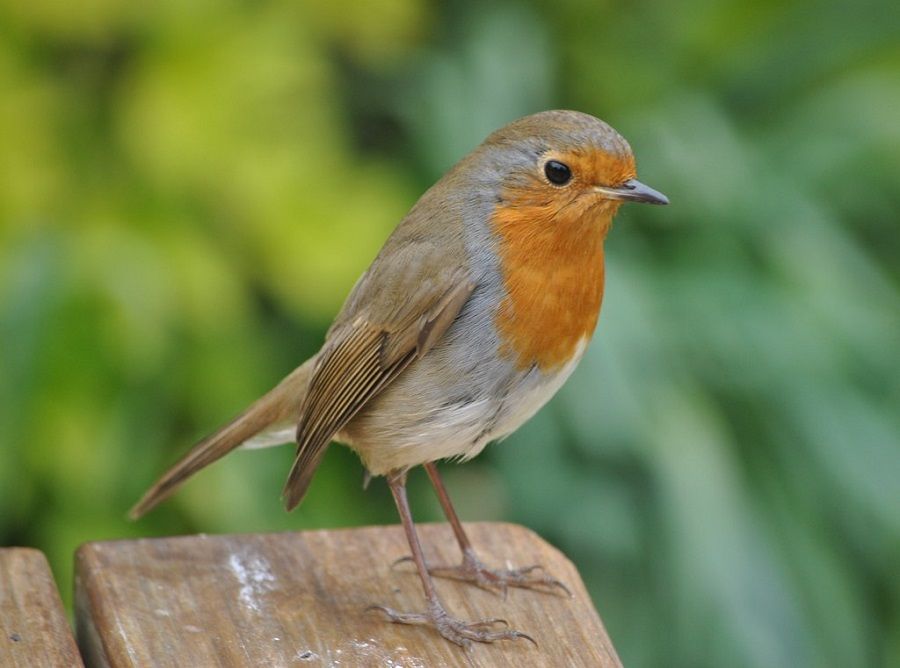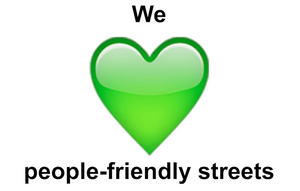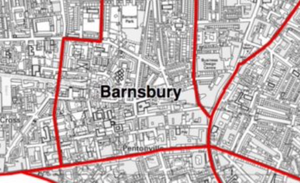Last week as I was walking along the newly implemented People Friendly Streets in Canonbury West, I saw a cat cross a road, which until recently was dominated by motor traffic. I thought about how many cats' lives have ended unnecessarily early due to the dangerous road conditions they have confronted. It led me to realise that as someone who has been campaigning for People Friendly Streets, I have had in mind the benefits to human beings and been forgetting the benefits to animals and plants.
Since I was a child, I have had a love for birds. They have been friends to me wherever I have lived or travelled, raising my spirits through their unexpected appearances or with their soulful song. Living in Islington I have admired how certain species such as goldfinches, greater spotted woodpeckers and wrens survive here seemingly against all the odds. Birds have been a lifeline for me during this difficult year, bringing a gentle cheer to my heart whenever I hear them sing. During the first lockdown I felt electrified to hear friends and neighbours feeling the same joy I experience, as with the absence of the drowning traffic noise they became aware for the first time of the birdsong.
So with all of this in mind I decided to research the impact air pollution has on our birdlife in London. As we know from the infamous "canary in the coal mine" metaphor, birds are particularly susceptible to pollution. Birds are exposed to more particulate matter (PM) than humans because they have a higher breathing rate and spend more time in the open air. They suffer from the same respiratory diseases and cancers that humans experience from air pollution. Studies in the US have shown that the accumulation of nitrogen oxides - one of the main pollutants from diesel cars - causes soil and water to become more acidic. Soil and water acidification negatively affect the nutritional values of birds' food sources, leading to smaller egg clutch sizes. The noise of motor traffic also means that birds struggle to hear each other's alarm calls and mating songs.
So despite appreciating all the birds I see and love in my nearby surroundings, I know the bird habitat here in Islington could be far richer. About five years ago some elderly residents at Canonbury Square recounted how a pair of barn owls used to live there in the 1970s. When I heard that I felt so sad that our traffic dominated streets have meant that such wonderful birds no longer live here, but it also raised hope of the prospect of what might be possible. I know the importance of the role birds have had for my mental health and their potential to heal, so in this current time of pandemic and huge political and economic uncertainty their presence will be vital for many people. I'm excited at the prospect that species that used to live in our borough such as the barn owl could return as a result of the People Friendly Streets scheme. As the name of the scheme suggests, this would be an unintended consequence, but in my mind a far more important one than most realise. Although that might be just putting our human interests first; let us be hopeful that they will return for their own sake and beauty.
Published in Islington Gazette on 17 December 2020 and in Islington Tribune on 18 December 2020








